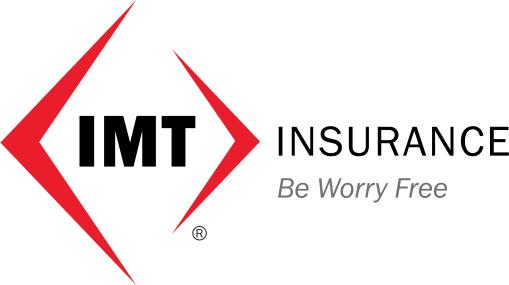Government Affairs NAIC Model Cybersecurity Bill Advances NAIC model legislation creating cybersecurity standards for the insurance industry is quickly moving through the Wisconsin Legislature. Assembly Bill 819 was approved on a bi-partisan, voice vote in the Assembly and awaits final approval from the Senate in late March. We anticipate unanimous approval when the Senate convenes its final floor period. The legislation creates standards for insurance businesses that will help protect private consumer information from data breaches. Under the bill, businesses are required to conduct risk assessments, develop information security programs based on those assessments, and submit those plans to the Office of the Commissioner of Insurance (OCI). During development of the model legislation last year, IIAW worked with OCI’s legal staff to advocate for an exemption for our members with fewer than 25 employees, or annual revenues under $5 million, or assets less than $10 million from having to comply with the provisions in the bill. The draft model had originally only exempted businesses with fewer than 10 employees. In addition, IIAW worked with the department to ensure that our member agencies would not be directly responsible for cybersecurity events that occur in a system maintained by an outside third-party service provider. The initial draft model had included this burdensome requirement.
any proposals related to data security and privacy take into account existing laws and regulations administered by the Office of the Commissioner of Insurance (OCI). The Assembly has adjourned session without any action on these proposals. See Assembly Bill 870, Assembly Bill 871, and Assembly Bill 872. Gov. Evers Signs Public Adjuster Consumer Protection Bill Legislation brought forward this session by State Representative David Steffen (R-Green Bay) and State Senator Dan Feyen (R-Fond du Lac) will make registration of public adjusters part of Wisconsin law following a recent bill signing by Governor Tony Evers. The bi-partisan legislation, Assembly Bill 357, requires registration with the Office of the Commissioner of Insurance (OCI) for nonresident public adjusters not already registered with their home state. Those registered as nonresident public adjusters will be subject to examination, continuing education and fee requirements. Wisconsin resident public adjuster have the option of registering with OCI and are also subject to requirements in the bill related to contract formation, certain compensation arrangements and professional conduct.
So far, eight states have adopted a version of the NAIC model Law and more like Wisconsin are on the way.
Wisconsin becomes the 46th state to regulate public adjusters in some manner. Matt Banaszynski of the IIAW testified in support of the bill highlighting in his testimony the importance of protecting Wisconsin homeowners from increasing public adjuster scams that have been occurring in the state following natural disasters.
Sweeping Data Privacy Legislation Fails With Industry Opposition
Gov. Evers Signs 45-Day Renewal With Altered Terms Notification Bill
River Falls Republican State Representative Shannon Zimmerman unveiled late in the legislative session three bills he headlined, the Wisconsin Data Privacy Act (WDPA), that would fine companies up to $20 million or assess a portion of their annual revenue if found in violation of rules established in the legislation. IIAW opposed these bills at a public hearing held in February by the Assembly Science and Technology Committee. These sweeping bills, if enacted into law, would have unnecessarily created millions of dollars in added compliance costs for our industry and placed significant regulatory burdens on agents. Furthermore, the legislation overlooks the importance of how innovation, new technologies and the use of data within the insurance industry is benefiting consumers and enhancing marketplace competition. Property and Casualty insurance is a heavily state-regulated industry and it’s important that
Governor Evers also signed legislation supported by the Wisconsin Insurance Alliance (WIA) that shortens the time requirement on personal lines property and casualty coverages from the current 60-day requirement to 45 days on a renewal notification that includes less favorable terms or higher premiums. Twenty-eight states have notice requirements of 30 days or less. Eleven states use the 45-day requirement and five states have a 60-day notification requirement. The WIA had initially asked for a 30-day notice and the final bill as signed by the Governor reflects the good-faith negotiations between the independent insurance agent community and insurance carriers.
>M isha Lee IIAW Lobbyist
wisconsin INDEPENDENT AGENT
APRIL 2020
19











